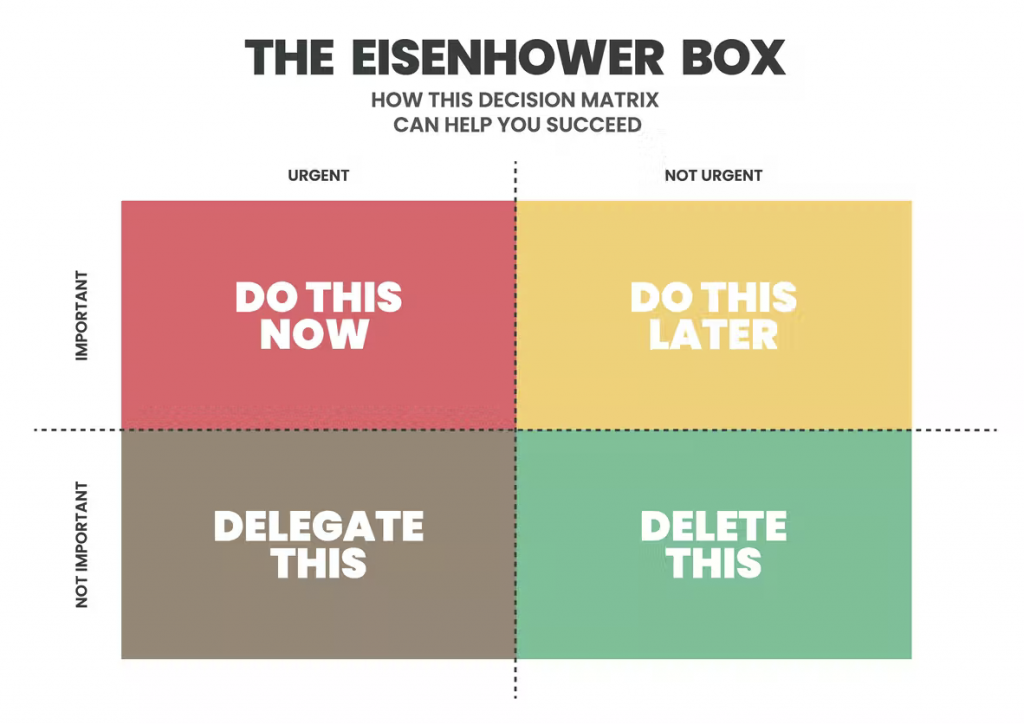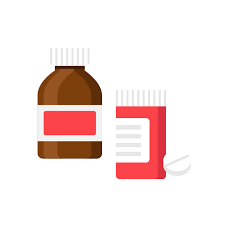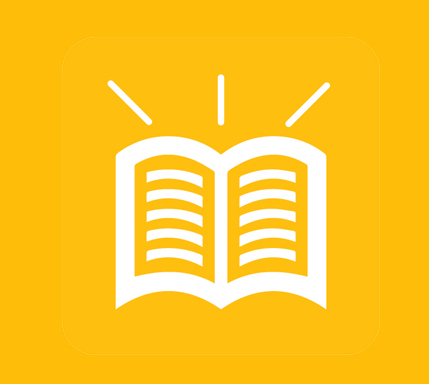Strategies and Life Hacks That Can Help Anyone With ADHD or Attention Problems
 For millions of adults throughout the world, attention-deficit/hyperactivity disorder, best known as ADHD, is a persistent disorder that begins in childhood and is characterized by inattention, hyperactivity and impulsivity, or a combination thereof.
For millions of adults throughout the world, attention-deficit/hyperactivity disorder, best known as ADHD, is a persistent disorder that begins in childhood and is characterized by inattention, hyperactivity and impulsivity, or a combination thereof.
Complicating the diagnosis is that ADHD often co-occurs with, and is sometimes mistaken for, other health conditions like anxiety or substance abuse.
Because of the steady stream of negative feedback people with ADHD receive about their productivity, organizational skills and time management, some people with the disorder may have low self-esteem or feel inadequate. But rather than an intrinsic personal defect, ADHD is a treatable condition. Research shows that behavioral strategies, along with medication when necessary, can help people improve their focus and ease of functioning in daily life.
, Assistant Clinical Professor of Psychiatry at the University of Colorado Anschutz Medical Campus offers the following strategies.
Organizational systems and prioritizing
A simple organizational system can improve focus by providing a way to keep track of important activities. Ideally the system is centered on one tool, such as a notebook or phone app, assuming the phone is not too distracting. Developing a routine that includes a daily schedule, a regularly updated to-do list and a calendar to remind yourself of appointments can provide a foundation for building focus and a sense of control.
With the to-do list, it’s crucial to break tasks down into manageable parts and then prioritize them. Knowing what to prioritize can be difficult, but one helpful approach is the Eisenhower matrix, which divides tasks into four quadrants: urgent and important, like a work project that’s due tomorrow; urgent and unimportant, such as a request that someone else can fulfill; nonurgent but important, like long-term projects; and nonurgent and unimportant, meaning something that doesn’t need to be done.
Many with ADHD are motivated to first fulfill urgent and unimportant tasks such as responding to the requests of others, because someone else’s sense of urgency seems more important than their own needs.
Managing the environment and limiting distractions
Several strategies can help you stay on track. It’s key to create an environment that’s conducive to productivity. That means limiting distractions and setting up barriers to temptation. Use social media web blockers while working, and ideally put your phone and computer in airplane mode. Set up environmental cues, like alarms and visual reminders, to monitor time and make sure you’re sticking with your targeted priority.
Waiting to focus on a task until just before the deadline not only causes last-minute stress, but it also has a domino effect on other priorities and basic life necessities, like eating and sleeping.
Support networks
A support system is critical to staying on task, both to hold yourself accountable and to get encouragement. Your support network could include friends and family, a therapist, group therapy, or an online forum to share goals and receive feedback.
Another effective support strategy is body doubling. This means working, either physically or virtually, alongside someone you know who is also working. This creates mutual accountability for staying on task.
The need for sleep
People with ADHD often have trouble going to bed at a designated time – and then have trouble falling asleep. And a large body of evidence indicates that irregular sleep can perpetuate a cycle of attention difficulties.
Sticking to a bedtime schedule and getting up at the same time every day is part of a good sleep hygiene strategy.
As you incorporate these strategies, start with those that are most accessible to you. Though people with ADHD often chase novelty and chafe at routine, developing a routine is worth it.
Excerpted from “These strategies and life hacks can help anyone with ADHD, as well as those who struggle with attention problems but don’t have a diagnosis” in The Conversation. Read the full article online.
Source: The Conversation | These strategies and life hacks can help anyone with ADHD, as well as those who struggle with attention problems but don’t have a diagnosis, https://theconversation.com/these-strategies-and-life-hacks-can-help-anyone-with-adhd-as-well-as-those-who-struggle-with-attention-problems-but-dont-have-a-diagnosis-177042 | Copyright © 2010–2022, The Conversation US, Inc.
Do you need someone to talk to? To schedule an evaluation or to get advice about your challenges, call or email a CHC Care Coordinator at 650.688.3625 or careteam@chconline.org CHC teletherapy services are available now.





